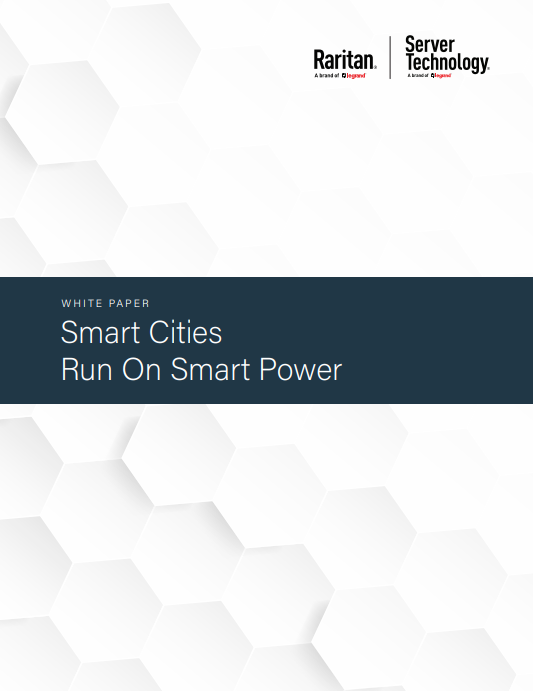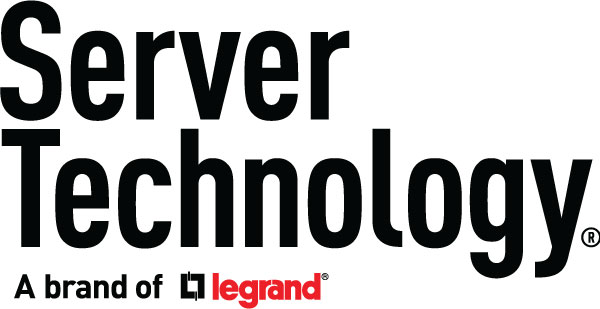Server Technology, a brand of Legrand
Explore emerging intelligent power distribution technologies for smart cities.

A cooperative effort between city governments and private enterprises is leading cities to adopt the goal of becoming "smart cities." While the definition of a smart city depends on who you ask, the most common understanding seems to be that a smart city provides for the real-time monitoring and control of the infrastructure and services. Thus, smart cities should reduce energy use, reduce pollution, improve public safety, and improve the quality of life for the citizens and visitors.
In smart cities, remotely managed power distribution reduces power consumption, resetting disparate hardware systems, and provides localized environmental monitoring for the control systems and the networking hardware that make a city ""smart."" This white paper explores intelligent power distribution's critical role in making ""smart"" happen.

Download our FREE Whitepaper:
Explore emerging intelligent power distribution technologies for smart cities